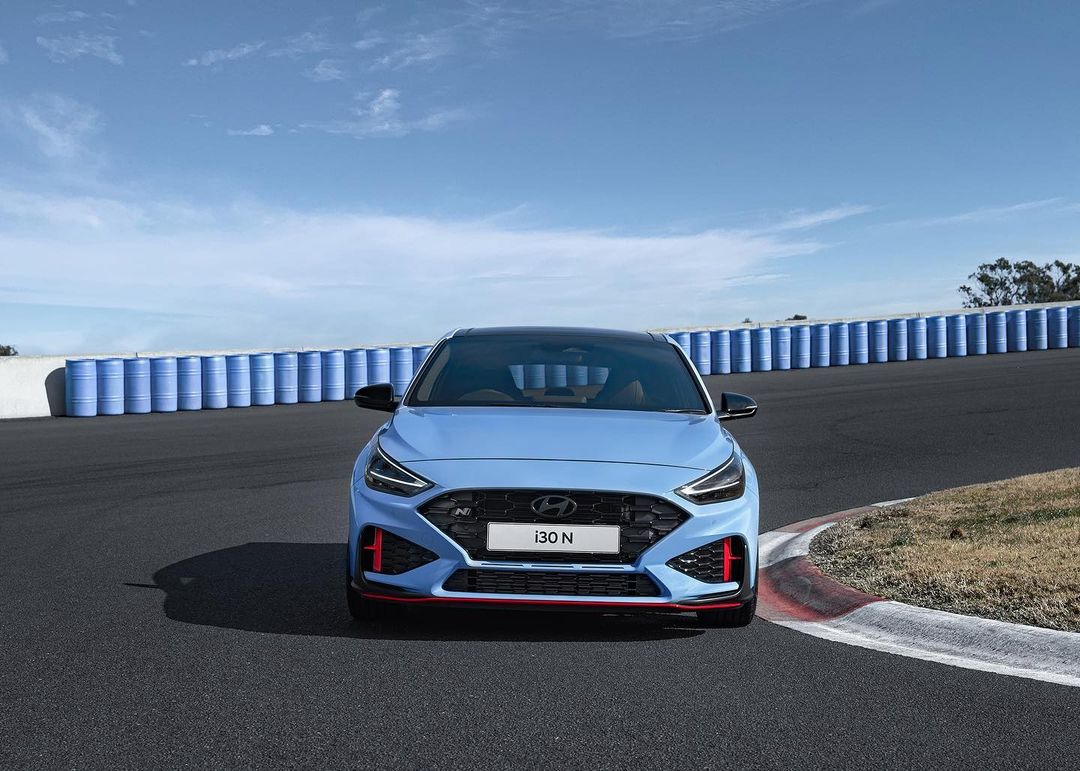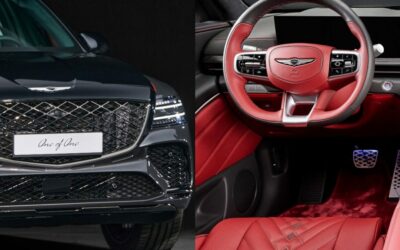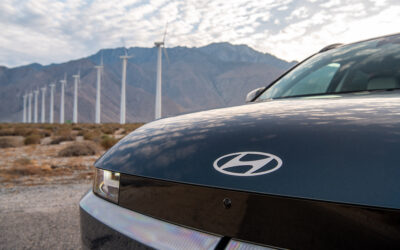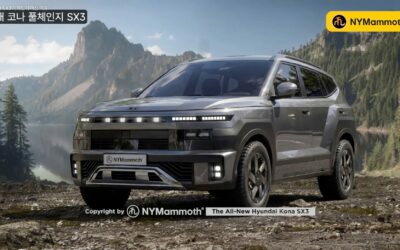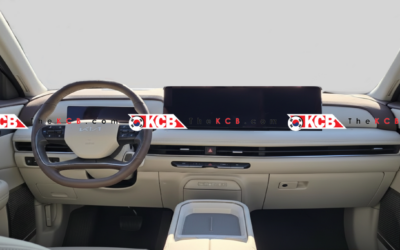At the launch of the new IONIQ 6 N, Joon Park – the head of Hyundai N performance division – shared with CarMagazine that the brand is actively developing hybrid-powered replacements for the i20 N and i30 N, ensuring petrol power still has a future.
Hyundai N Isn’t Going Fully Electric
While the IONIQ 5 N and IONIQ 6 N signaled Hyundai’s growing commitment to EV performance, Park clarified that the N division won’t abandon combustion engines just yet.
“People think Hyundai N is going only for EV. It’s not true,” Park said. “Personally, I’ve always loved the smell, the sound – the rawness – of race cars. I’m not the person who only wants EVs.”
Park admitted that seeing the i20 N and i30 N discontinued was a personal low point. For him, affordable, engaging hot hatches are vital to N’s DNA – even if they’re not big money-makers.
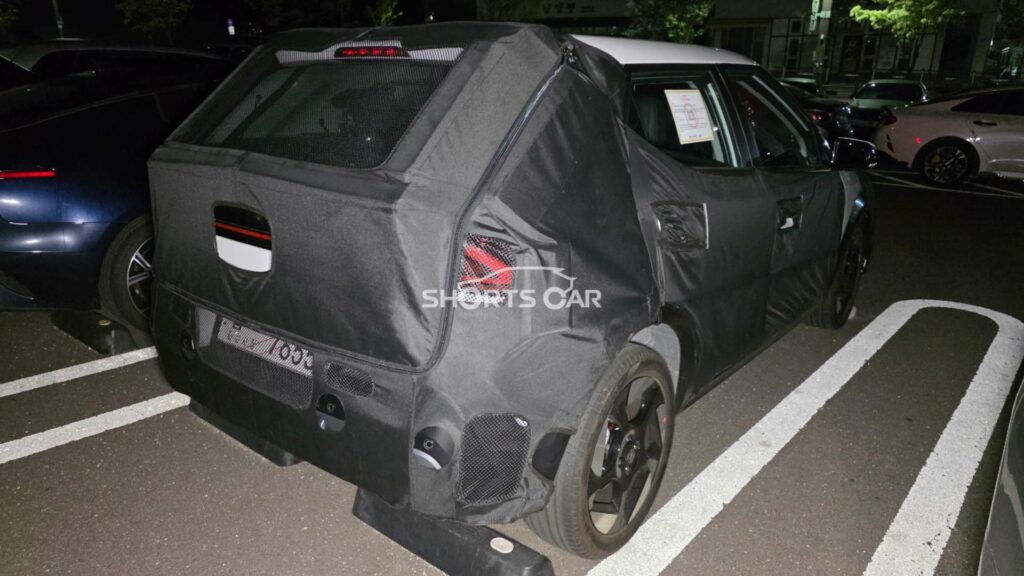
First Spy Photos of Hyundai’s next-generation i20
The Financial Hurdle
Building small, sporty petrol cars in 2025 isn’t just about meeting emissions standards – it’s about making the numbers work.
“Bigger cars, higher prices, higher profit margins. Small cars? Lower margins. If we want a B-segment or C-segment N car, I need to fight for it,” Park explained. “But Hyundai N needs to remain accessible. We don’t want to make luxury toys – we want real performance cars people can afford, in a space where only the GTI still exists.”
This positions Hyundai as potentially the last mainstream brand committed to hot hatches, while rivals shift their performance focus to premium EVs.
What Engine Will They Use?
One thing’s certain: the old 2.0-liter turbo from the i30 N is gone.
“That 280 PS 2.0 turbo can’t survive under future European regulations,” Park confirmed.
Instead, Hyundai will turn to its 1.6-liter Smartstream engine, which already powers the Kona and Santa Fe hybrids and forms the core of the current i20 N’s 201 bhp setup.
With hybrid assistance – drawing on the Santa Fe’s tech that adds between 53 bhp (HEV) and 91 bhp (PHEV) – the next-gen N cars could easily push beyond 300 bhp, putting them in direct competition with the VW Golf GTI and Golf R.
Why It Matters
While most automakers are abandoning small performance cars, Hyundai’s decision to double down with hybrid techcould make the new i20 N and i30 N some of the last true driver’s cars in their segments. By blending petrol sound and character with hybrid power, Hyundai might strike the perfect balance between regulatory compliance and enthusiast appeal.
The next-generation N hot hatches are expected to debut as early as 2026, likely as 2027 model-year cars, offering a glimmer of hope for enthusiasts who still crave a manual-like driving experience in a hybrid world.

